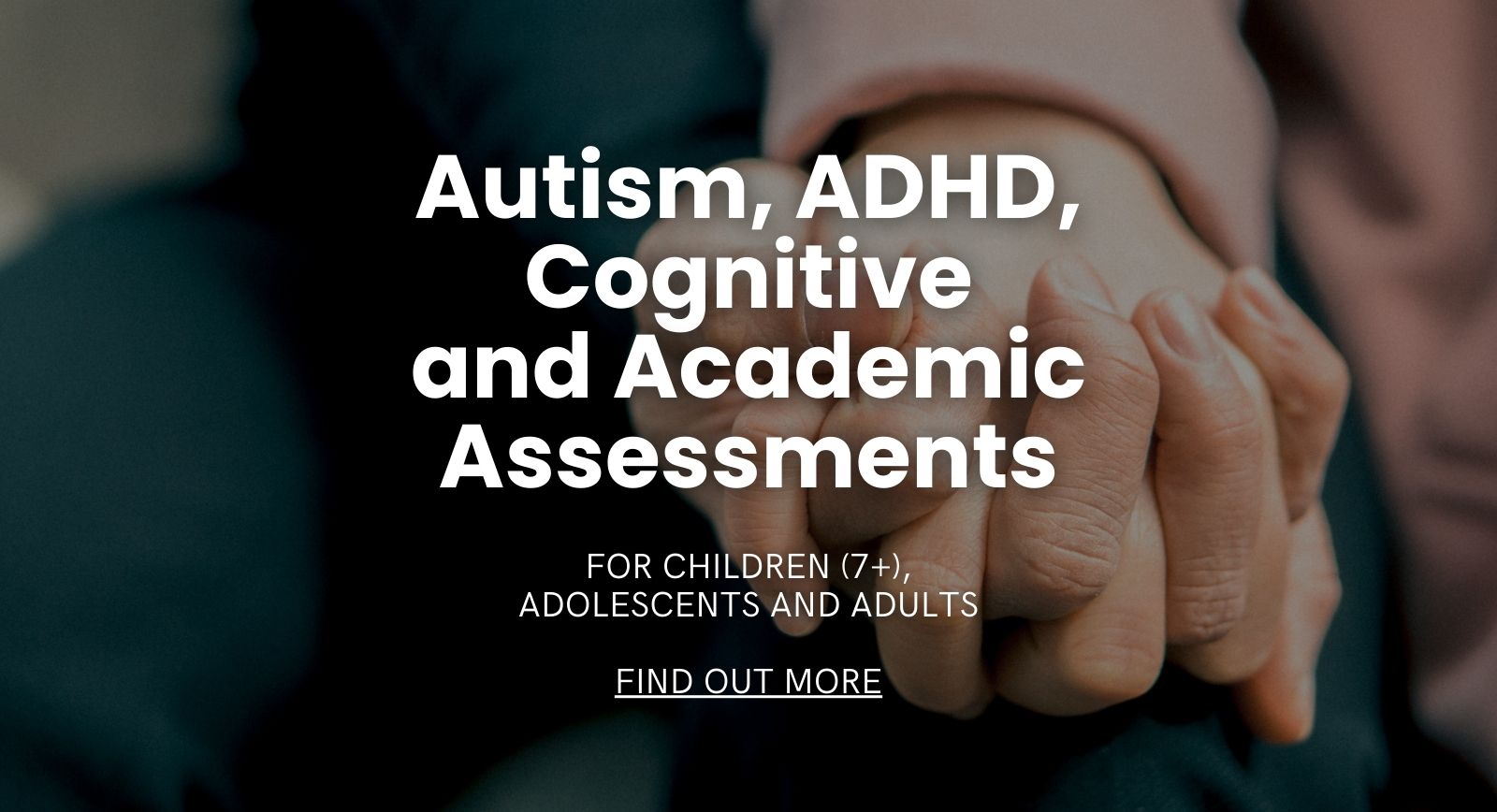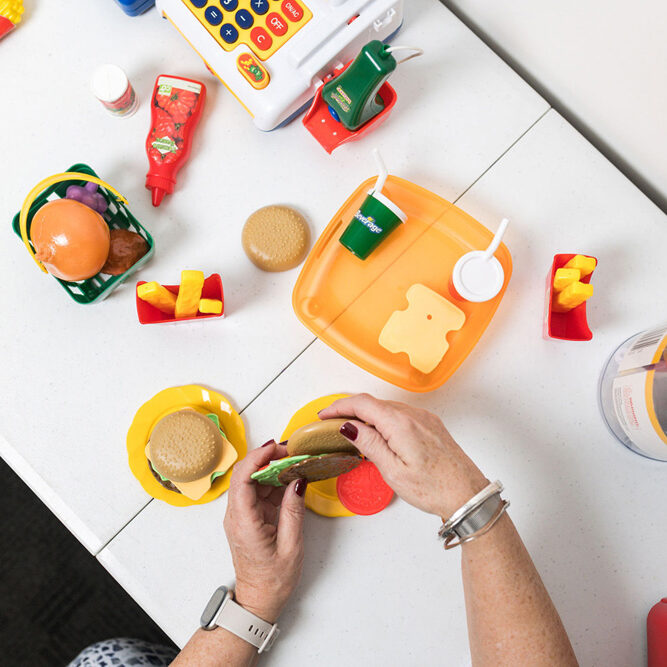Why Seek Therapy?
To Help Myself
Sometimes you just need someone to talk with. Some things are harder to talk about, but everything you share is important and has value. Having decided to take this first step, you have already shown courage. Now please read on, as to how we can help you take the next step.
To Help My Relationships
Figuring out where to start in terms of reaching out for help, for you and your loved ones, can be an overwhelming and confusing experience if done alone. At Northside psychology our aim is to try and support you; from navigating relationships, to supporting your children or loved ones, and helping yourself.
To Help My Child
Some children face struggles which can be confusing for them and for those who care for them. These challenges can be those of early learning, behaviour, adolescence or something you can’t quite put your finger on. Every parent deserves support in this, and there may be different support systems/strategies for each child.
To Help Someone I Love
In recognising that you play a role in this, you have already demonstrated how important this work is for you and for your loved one. Sometimes they have not yet sought help themselves, at other times they have, and your ongoing support is invaluable.
Our goal is to help support you
Figuring out where to start in terms of reaching out for help, for you and your loved ones, can be an overwhelming and confusing experience if done alone. At Northside psychology our aim is to try and support you; from navigating relationships, to supporting your children or loved ones, and helping yourself.
Feel free to click below and see some of the ways we may be able to assist you.





